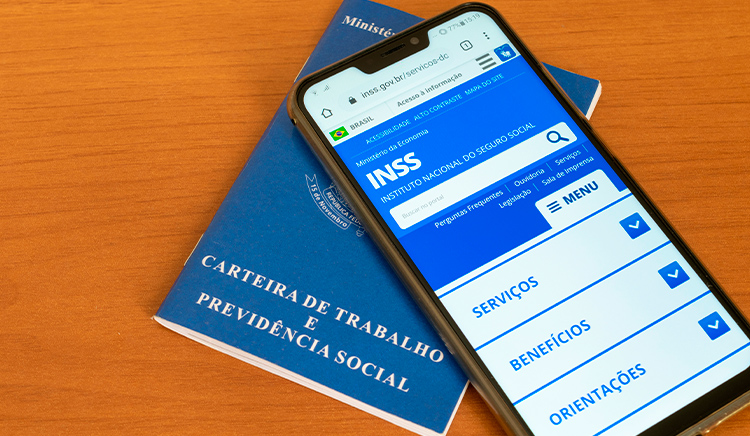
Currently, there are many benefits to help the lives of Brazilian citizens, including workers who have achieved the by disability retirement.
Many people still have difficulty distinguishing sickness benefit from disability retirement and especially knowing who is entitled to the INSS benefit.
Therefore, if you want to understand more about insurance and especially who is entitled, check out the article below for more information.

Disability retirement is a social security benefit available to workers who have become disabled due to their work activities.
It is worth noting that this incapacity must be evaluated and proven by INSS medical expertise. It is not a benefit that is desired, but rather one that is granted to those who suffer from an incurable disability that makes it impossible to carry out work.
Difference between Sickness Benefit and Disability Retirement
As many don't know, there is a big difference between these two benefits. Sickness benefit is temporary and can be provided as soon as it is confirmed that the worker can return to work.
To be entitled to Disability Retirement it is necessary to complete the waiting period and be insured. Except if the incapacity occurred due to an accident (something unpredictable), work accident, occupational illness (caused by the exercise of your profession) or extremely serious illnesses.
It is important to highlight that retirement is not granted for illnesses or injuries that the person had before starting to contribute to the INSS, except when that injury or illness worsened after starting contributions to the INSS to the point of making them incapable of working.
Some of the serious illnesses that exempt from deficiency are:
Despite this list, it is still not possible to define with such certainty that a disease will directly give rise to the right. To do this, it is necessary to analyze the severity of the disease on a case-by-case basis.
In some cases, cancer can be considered incapacity for work, in others this incapacity will be temporary.
Firstly, it is necessary to schedule an examination with the INSS, which can be done via the social security website or simply by calling 135.
The most recommended option is online, as the website will generate a document proving the appointment. This is extremely important as it is common for the INSS to cancel the examination and not notify you or there will be a problem with scheduling.
In some cases, it will be necessary for the expert to travel to the hospital in order to carry out the procedure and after the expert has proven incapacity, the benefit is granted to the taxpayer.
Just like other types of retirement, it is necessary to present a series of documents to enter the process.
Therefore, workers who wish to apply for retirement due to permanent incapacity must present documents stating their capacity.
In addition to carrying out the examination with an INSS doctor, he is the one who will certify that the taxpayer will no longer be able to carry out work activities.
Disability retirement is the benefit that has the best calculation among all. In order to compensate the worker who did not reach the end of his working life.
It can be granted with 100% of the benefit salary until the grant date. Thus, if the benefit salary resulted in R$3000.00, the person will receive R$3000.00.
Do you have any questions about the process? You can contact INSS directly at number 135.
Thanks for reading!